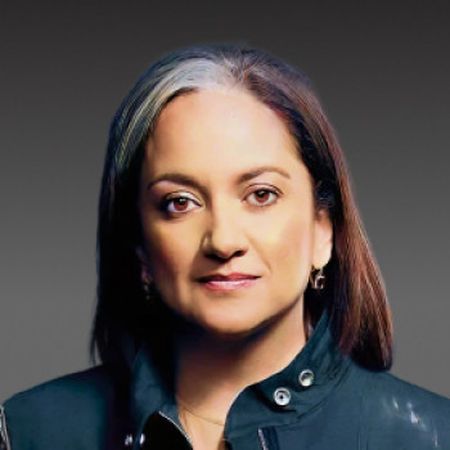Former President Jacob Zuma has disputed that he and the State Capture Commission of Inquiry chairperson Judge Raymond Zondo are acquaintances and not friends. In fact, he says in his affidavit; he saw the judge after he was appointed to chair the inquiry in 2018.
Zondo said on Monday November 16 that he had not been to Zuma’s presidential office nor did he go to his official residence for a one-on-one meeting while he was president.
In a new affidavit sent to Zondo on Tuesday, 17 November, Zuma states:
“The improbability of this assertion by the Chairperson is obvious. I assume that the period of my Presidency to which he refers includes the very period during which the Chief Justice selected him as the Judge who would preside over the Commission…soon after the Chairperson had been selected by the Chief Justice, I held a briefing meeting with him at the official residence in Durban”.
This has made Zondo delay for the third time his judgment on whether or not he will recuse himself as chairperson as Zuma has applied for.
While Zondo tried this week to put distance between himself and Zuma by saying they did not attend each other’s birthdays or family funerals, Zuma said “I dispute that we were never friends … In fact, in our discussion at my residence in Forest Town (to which I have referred), we discussed, among other things, how our friendship, if not managed properly, could jeopardise his judicial ambitions or rise within the ranks of the judiciary.”
This discussion took place after Zondo had been appointed to the bench, said Zuma who also said that the judge had been coy about this detail as it reveals they are closer than mere acquaintances.
“While the Chairperson is at pains to suggest that I was neither his friend nor a person of influence and/or in government, he however had to come to me to discuss a matter he considered to be of public importance.
“The Chairperson fails to state why he would discuss a matter of public importance with a person who was neither his friend nor a person in government or person of influence.”
Zondo did not detail what his discussions with Zuma were about when they met and suggested that these were bump-into-each-other meetings at the annual opening of parliament or other social occasions. But Zuma’s affidavit says the judge, and he had several tête-á-têtes at his Forest Town, Johannesburg home, both while he was in office and when he was dismissed as deputy president and out of office between 2005 and 2007.
“I dispute the Chairperson’s assertions that the Forest Town meeting happened only during the time when I was no longer in government. My meeting(s) with him in Forest Town was during my tenure as the Deputy President…in fact, we met several times in my residence at Forest Town. It was our meeting place.”
Zuma also objected to Zondo’s statement that the former President did not have influence over his judicial career because he was “only” a provincial MEC when the judge was appointed to the bench. In fact, he said, then-president Nelson Mandela had consulted the ANC on a wide range of issues and Zuma was an ANC national chairperson at the time and also the provincial chairperson of the ANC KwaZulu-Natal.
“Although the Chairperson seeks to diminish my role at the time, I was part of serious discussions in the country. One of the critical challenges at the time was that while there was a need to transform the judiciary, there was a shortage of black legal practitioners who could ascend to the bench.
“Accordingly, his attempt to communicate that I was insignificant in the national political arena is untrue.”
Zondo was appointed as a judge of the Labour Court in 1997 and was appointed deputy chief justice in 2017 by Zuma acting on the recommendation of the Judicial Service Commission.
“The Chairperson (Zondo) is being less than candid in his recollection of facts in the Statement (he read on Monday, 16 November),” said Zuma.
The former head of the state is likely to use the dispute about the degree of his friendship with Zondo (or not) and the degree to which he did (or did not) influence the judge’s judicial degree to bolster his case for recusal. If Zondo refuses to recuse himself, it is likely that Zuma’s legal team will decide on a high court review as he has argued that the judge cannot preside over a factual dispute about his own statement.
The twice-postponed ruling is set to take place on Thursday morning. DM





 Former president Jacob Zuma, left, and Deputy Chief Justice Raymond Zondo. (Illustrative image sources: 2019 Tiso Blackstar Group / Thulani Mbele | Financial Mail / Freddy Mavunda)
Former president Jacob Zuma, left, and Deputy Chief Justice Raymond Zondo. (Illustrative image sources: 2019 Tiso Blackstar Group / Thulani Mbele | Financial Mail / Freddy Mavunda)